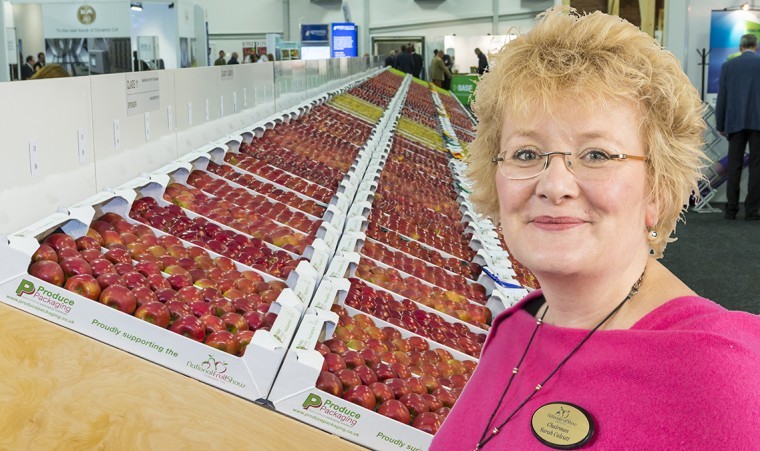I appear to be making a series of reports on briefings relevant to our sector at the moment. In an effort to have a greater understanding of the future of our sector I’ve been booking myself into a series of London meetings that I thought should be relevant to fruit farmers. So, this time it was the Westminster food and nutrition forum on next steps for UK food waste policy. The key message throughout was reduce, reuse and recycle. We need people to value good food, and we need innovation to make this attractive and to stop moving the issue somewhere else.
The value of food is a challenge in the global market – it’s hard to get the value of food reflected in what it really is: is it authentic? There are qualities and values in British food that are not reflected in the value attributed and a lack of respect for its producer. Cheering for the side of the farmers was the amazing Caroline Drummond of Linking Environment and Farming and what a great job she did! Starting with a little reminder that every process results in bi-products or waste she got the floor’s attention with the quarter to a third of all food produced for home consumption that is lost or wasted and we are doing well: the estimate for the United States is 61%.
There is the United Nations goal that we will halve global food waste by 2030 and her feeling was that initially we need to adopt the principles of the community style waste programmes of collecting from retailers. Why are we not using the same principle with gleaning groups – they operate in every production region, and one phone call with a harvest end date and they will organise the rest?
There are high rates of wastage on vegetable rigs and also within soft fruit and salads, surely this can be put to greater purpose? The South East gleaning team will be at the National Fruit Show this year – maybe your chance to get their details for the end of harvest and for next year?
Opening our gates to educate people about food production – just think how far away from primary production the vast majority of the population now are. They have never harvested something, many have no means of growing something let alone have a view of a crop in production. Open Farm Sunday attracts thousands of people onto farms, gently letting them find out about where their food comes from and what goes into selecting that perfect specimen they buy.
Many of the speakers were pro the use of food wastage in anaerobic digestion (AD) plants for energy production. A recycling route extracting value from waste rich in energy. Charlotte Morten, the chief executive of the Anaerobic Digestion and Bioresources Association stated that AD had the potential to produce up to 30% of the UK power requirement – less dangerous, cheaper, economically and environmentally sustainable than nuclear at the point of delivery. Her association has a lot of work to do though as legislative changes mean that only pre approved AD plants will now be delivered.
Julian O’Neil of Biogen asserted that AD must support the food hierarchy because it is not the primary destination for food waste, but part of the chain for that which cannot be reused. Peter Meltchett of the Soil Association was most vociferous about the potential for environmental damage by maize crops being produced for AD plants (stating that 75% of late harvested maize sites showed high or severe soil degredation). The Soil Association is calling for the government to save £50 million in removing all subsidies associated with AD fuelled by maize. This was of course instantly repudiated by Jeremy Jacobs of the Renewable Energy Association who corrected Peter by stating that less than 0.6% of arable land is used for renewables and less that 6% of the total maize crop of the UK is produced for AD.
It’s the fruit show this month. I hope that I will see you all there. It’s shaping up to be a great show and with reports of excellent fruit quality our entry numbers are up.




